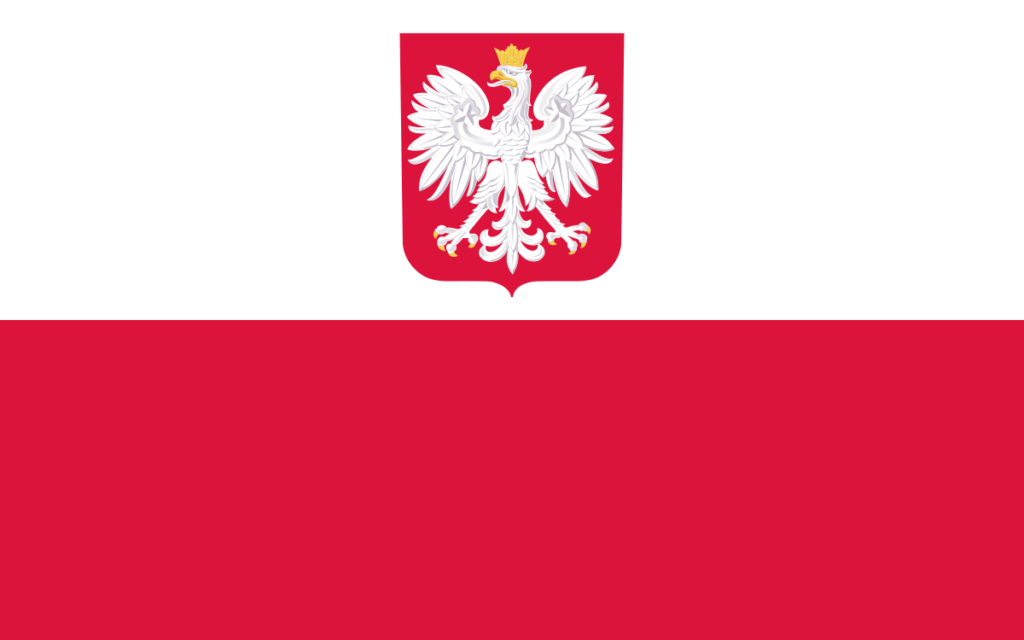
Poland’s journey from a stereotype of cheap labor to a potential European powerhouse is a testament to its remarkable evolution over the past three decades.
The journey begins with Poland’s unprecedented metamorphosis into one of Europe’s fastest-growing economies, anticipated to surpass the UK in technological advancements by 2030. The return of highly skilled professionals after a prolonged brain drain is a key indicator of Poland’s resurgence. Additionally, the nation is actively shaping one of Europe’s most formidable militaries, showcasing its determination to assert influence on the global stage.
Poland’s journey spans three decades of uninterrupted growth, overcoming challenges from a centrally planned economy to becoming a thriving independent nation. Successful transitions to capitalism and globalization efforts led to Poland’s EU accession in 2004. Beyond serving as a source of cheap labor, Poland attracted foreign investments and fostered economic development, positioning itself for a transformative future.
In parallel, Poland is gaining recognition as a potential European tech powerhouse. With a thriving fintech sector and notable success stories like Blik, often referred to as the “Polish Paypal,” the country’s tech landscape is rapidly evolving. Despite challenges and parallels drawn with Israel’s tech boom, industry insiders remain optimistic about Poland’s trajectory, buoyed by recent substantial investments, including a $4.6 billion commitment from Intel. As Poland positions itself as a European tech giant, overcoming hurdles and leveraging its strengths will be crucial in defining its role on the global stage.
Poland’s evolution from a post-communist economy to an economic powerhouse reflects resilience and adaptability. The reversal of the brain drains, with skilled professionals contributing to technological advancements, underscores Poland’s commitment to progress. The nation’s strategic emphasis on building a powerful military position it as a key player in global affairs, signaling a proactive approach to safeguarding its interests.
Poland’s economic journey, marked by three decades of consecutive growth, is a testament to its resilience. Overcoming challenges, including dysfunctional infrastructure and hyperinflation, Poland achieved the longest period of growth in modern European history. The successful transition to capitalism and strategic globalization efforts positioned Poland as a beacon of economic success.
The nation’s simultaneous focus on economic growth and military prowess has garnered international attention. Increased wages, low inequality, and substantial investments in the military showcase Poland’s multifaceted approach to development. However, challenges such as risks associated with military buildup, reliance on foreign investments, and demographic trends require strategic mitigation.
Societal divisions between liberal and progressive factions and conservative and religious groups present a unique challenge. Poland’s success hinges on fostering collaboration between these disparate elements, emphasizing the need for unity in the face of external challenges. The strained relationship with the European Union adds complexity, underscoring the delicate balance Poland must maintain to secure international support.
As Poland quietly emerges as Europe’s next superpower, the challenges it navigates will be pivotal in determining its trajectory on the global stage. The nation’s evolution from a stereotype to a technological and influential force reflects a dynamic journey marked by resilience, innovation, and strategic foresight. Poland’s ascent, coupled with its commitment to intellectual growth and technological innovation, positions it as a formidable player in Europe’s future landscape.
New data from Eurostat reveals that people in Poland exhibit the joint second-highest level of life satisfaction among all EU member states. Across all age groups, Austrians top the charts with a satisfaction level of 7.9 on a scale of 1-10. Poland shares the second spot with Romania and Finland, all scoring 7.7.
Notably, in the youngest age group, Poland takes the lead with the highest satisfaction level in the bloc. On the opposite end, the EU’s least satisfied residents are in Bulgaria (5.6), Germany (6.5), Greece (6.7), Latvia, and Croatia (both 6.8). The overall life satisfaction figure for the EU stands at 7.1. This data underscores Poland’s positive societal outlook and well-being across various age segments.
Latest News POLAND:
Windar Renovables has received final approval for its new manufacturing facility in Poland, solidifying its commitment to the emerging offshore wind industry in the Baltic Sea. The concession agreement for the port site, ratified by Windar Renovables and Szczecin Port Authority on January 16, 2024, marks a significant step in the company’s EUR 80 million investment to establish a state-of-the-art offshore wind turbine tower factory.
The facility is poised to produce towers for 20 MW offshore wind turbines, supporting the growth of renewable energy infrastructure in the region. This move reflects the increasing focus on offshore wind projects and sustainable energy solutions in Poland and the broader Baltic Sea area.
NEXT : Report Indicates India’s Affluent Population to Hit 100 Million by 2027
1 thought on “Poland Is Quietly Becoming Europe’s Next Superpower”